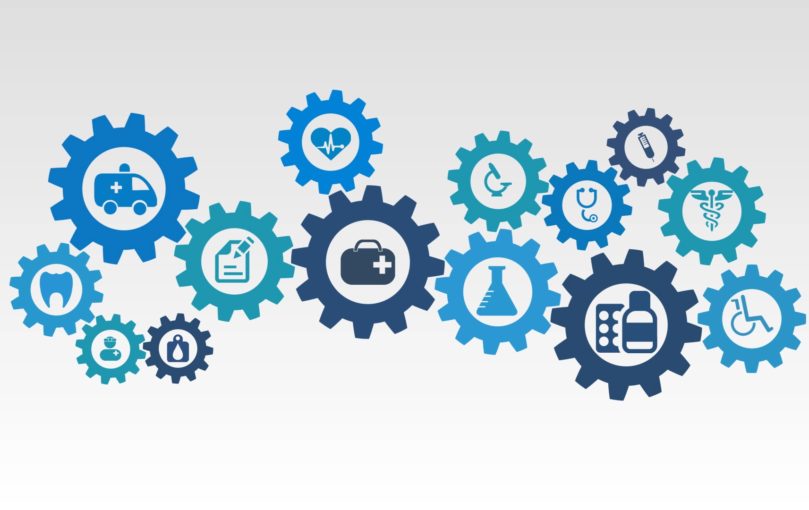Below we’ve summarized the key takeaways from Rahel Bailie’s presentation regarding challenges when localizing healthcare content. Teams working on such content should be able to compensate for differences in culture, medical practices, availability of medical facilities, epidemiology models and regulatory compliance, and the obvious linguistic variances. Healthcare content needs to be localized for different audiences in different countries by strictly following a set of requirements with great complexity.
Localize first, then translate
The localization is about hard facts such as differences in currency, phone numbers, temperatures, etc. Translation is all about nuance of language, including same language variants.




In the examples above, note the difference between localization, translation method, and transcreation. You’ll have to start from scratch referring to the closest language variant translation. Extract the concept, transpose the concept into a different culture, create content unique to that audience.
Healthcare is becoming part of information technology.
Bill Maris
There are nine levels of complexity that need to be considered in healthcare.
Localization: Local market conditions
- Units of measure
- Medical practices
- Regulatory compliance
Translation: Beyond language
- One or more languages
- Literacy levels
- Medical conditions
Translation: Accommodating diversity
- Cultural diversity
- Religious diversity
- Gender diversity
Operational complexity
Organizations and their corporate culture can make a big difference in how efficient you can produce your translations and localizations. You have to take the budget into account in order to manage that complexity. Translation in healthcare is not simple, quick and easy as just send the files and get the project translated. There are all sorts of questions that come back which makes the process more complex that standard translation.


Have a question related to healthcare translation? No problem, we’re glad to help!

